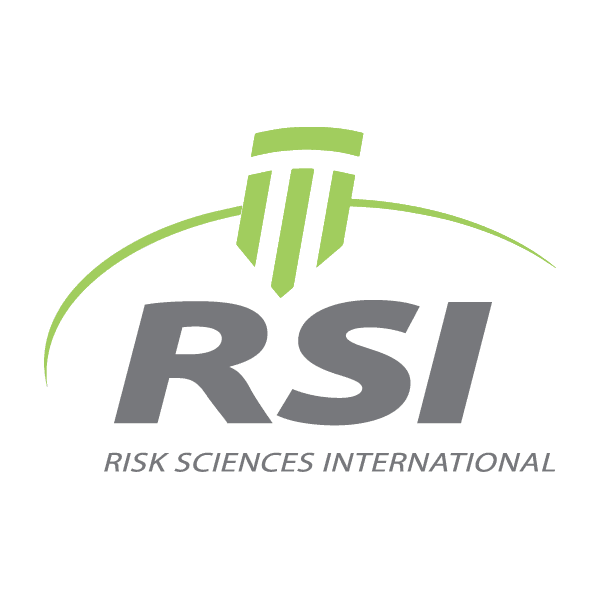Lithium has become a strategic material in the global transition to renewable energy, powering batteries for electric vehicles, consumer electronics, and grid storage systems. Demand is growing exponentially, raising both opportunities and risks. While lithium plays a central role in decarbonization, its extraction, processing, and disposal raise concerns about environmental impacts, worker safety, and geopolitical supply chain vulnerabilities.
Risks span the entire lifecycle: from water scarcity and ecological degradation at mining sites, to fire and toxicity hazards during battery use and recycling. Governments face the challenge of fostering clean energy transitions while ensuring responsible sourcing and environmental stewardship. Industries must adopt safer and more sustainable practices across supply chains, while communities and civil society organizations advocate for accountability and transparency.
Risk sciences contribute by analyzing environmental and health exposures, evaluating supply chain vulnerabilities, and modeling scenarios for long-term sustainability. They provide evidence to guide regulatory frameworks, corporate strategies, and public communication, ensuring that risks are managed without undermining the broader goal of decarbonization.
RSI is dedicated to advancing safe and sustainable lithium management, with the expertise and experience required to support decision-making in this critical sector.

